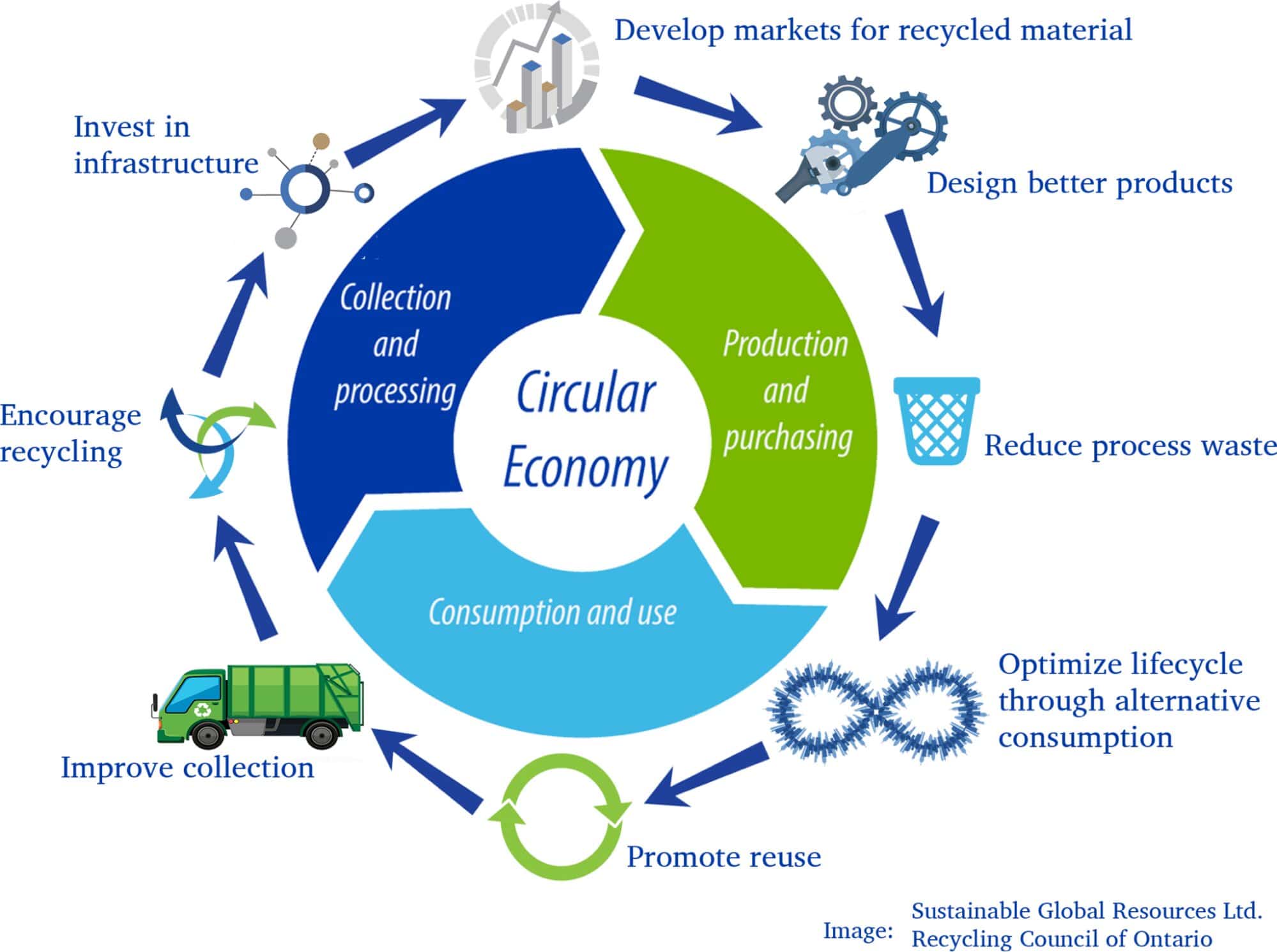Indian Economy
National Productivity Council
- 13 Feb 2019
- 4 min read
The National Productivity Council (NPC) celebrated its 61st Foundation Day (as Productivity Day) on February 12, 2019 and also observes National Productivity Week from February 12-18, every year.
- The theme for 2019 is "Circular Economy for Productivity & Sustainability" to mark the transition from a linear to a circular economy that embraces economic growth and environmental sustainability and represents a unique opportunity for circular business models for Make - Use - Return.
National Productivity Council
- NPC is national level organization to promote productivity culture in India.
- Established by the Ministry of Commerce and Industry, Government of India in 1958, it is an autonomous, multipartite, non-profit organization.
- NPC is a constituent of the Tokyo-based Asian Productivity Organisation (APO), an Intergovernmental Body, of which the Government of India is a founder member.
Circular Economy
- A circular economy is an industrial system that is restorative or regenerative by intention and design.
- It replaces the end-of-life concept with restoration, shifts towards the use of renewable energy, eliminates the use of toxic chemicals which impair reuse and return to the biosphere.
- It aims for the elimination of waste through the superior design of materials, products, systems and business models.
- Circular economy is based on four principles. They are:
- Circular economy aims to design out waste. The products are designed and optimized for a cycle of disassembly and reuse. This sets it apart from disposal and even recycling, where large amounts of embedded energy and labour are lost.
- It introduces a strict differentiation between consumable and durable components of a product.
- Consumables in the circular economy are largely made of biological ingredients that are non-toxic and possibly even beneficial, and can safely be returned to the biosphere, either directly or in a cascade of consecutive uses.
- Durables such as engines or computers, on the other hand, are made of technical nutrients unsuitable for the biosphere, such as metals and most plastics. These are designed from the start for reuse, and products subject to rapid technological advance are designed for upgrade.
- The energy required to fuel this cycle should be renewable by nature, again to decrease resource dependence and increase systems resilience.
- It replaces the concept of a consumer with that of a user which calls for a new contract between businesses and their customers based on product performance. The durable products are leased, rented or shared wherever possible. If they are sold, there are incentives or agreements in place to ensure the return and thereafter the reuse of the product.
- Circular economy has the potential to increase productivity and create jobs, whilst reducing carbon emissions and preserving valuable raw materials. It provides for a way of creating value.
- However, the challenge lies in building circular economy knowledge and capacity.




